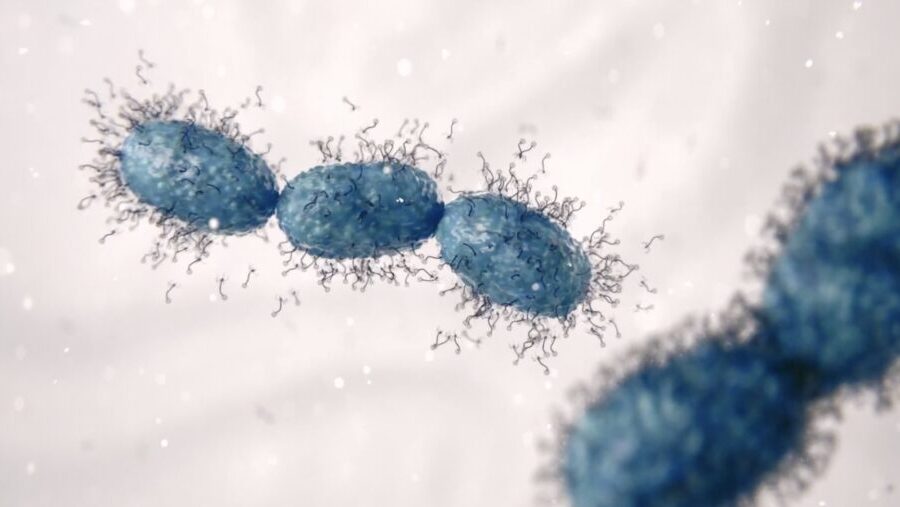New key to fight phages in dairy bacteria

Credit: dsm-firmenich
In collaboration with APC Microbiome Ireland, the Research Ireland Center at University College Cork, and the French National Research Institute for Agriculture, Food and Environment (INRAE), dsm-firmenich has uncovered how bacteria used in dairy fermentations employ and activate defense systems against bacteriophages. Otherwise known as phages, these bacterial viruses can impact the production of cheese, yogurt and other fermented dairy products and therefore require strict and costly management. Published in the Proceedings of the National Academy of Sciences (PNAS), the findings unlock new opportunities to design more resilient, high-performing cultures for large-scale food production.
By investigating 13 newly-discovered antiphage systems in Lactococcus lactis, the primary bacterial species used in dairy fermentations, researchers revealed how these cultures recognise and respond to phage exposure, and how phages evolve to bypass these defences. Through genomic analysis of 66 phage mutants that had successfully overcome bacterial resistance, the team identified 15 viral genes involved in this evasion process. These insights into diverse escape strategies reveal, in molecular detail, how phages outmanoeuvre bacterial defences, and how those adaptations can be anticipated and countered.
Among the most compelling discoveries is the characterisation of a novel defence system known as Audmula. This mechanism protects bacterial cultures by modifying the host’s cell wall, effectively trapping the phage inside and preventing its spread throughout the fermentation. It’s the first time this mode of action has been observed, introducing a previously undocumented strategy that could significantly strengthen culture protection.
Bacteriophage outbreaks remain one of the most costly and disruptive challenges in industrial dairy production, leading to stalled fermentation, lost batches and compromised product quality. The knowledge gained from this research marks a major advancement in understanding how culture blends and culture rotations can be developed to ensure optimal protection against phage contamination. dsm-firmenich will incorporate these new insights into its culture development toolbox to support delivery of more tailored, phage-robust culture solutions.
“Over the past decade, we’ve learned that bacterial antiviral defences form an arsenal far more diverse and complex than we ever imagined,” said Prof. Douwe van Sinderen, senior author of the study. “With this study, we’re finally beginning to understand how those defences function, and how viruses manage to evade them. In practical terms, these findings pave the way for next-generation starter cultures designed to withstand the phage challenges facing today’s dairy fermentations.”
dsm-firmenich played a key role in bridging academic discovery with industrial application. By providing proprietary Lactococcus strains, comprehensive genomic data and phages sourced from live dairy environments, the company ensured that the research was grounded in real-world conditions. These contributions enabled the academic team discoveries and conclusions that were both scientifically cutting-edge and commercially relevant.
“By decoding the complex relationship between cultures and phages, we’re turning cutting-edge science into competitive advantage, giving us the tools to design ultra-robust culture blends and rotation schemes, empowering producers to take control of fermentation across dairy, plant-based, probiotics and emerging biotechnologies,” said Noël van Peij, co-author and principal scientist at dsm-firmenich. “This is science delivering value for the cheese and fermented milk products market, where it matters most.”




